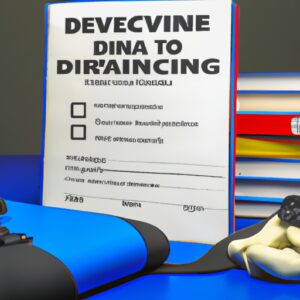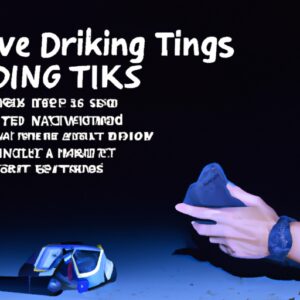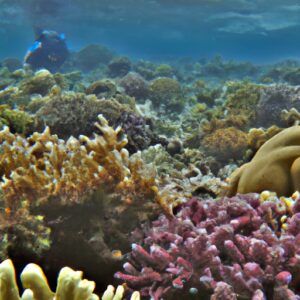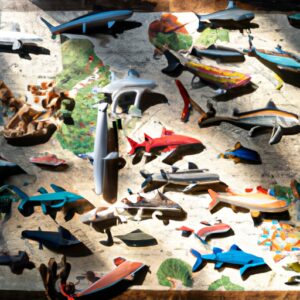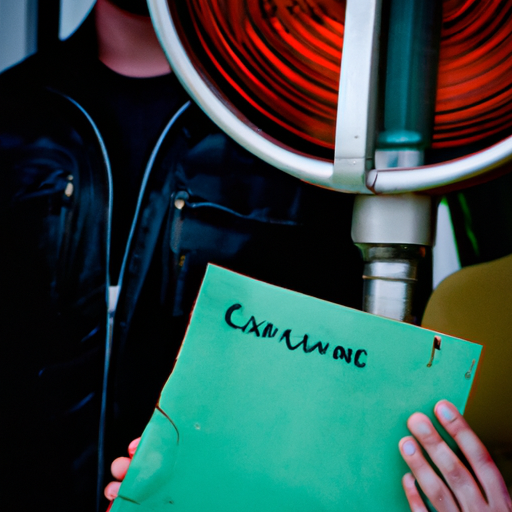
Understanding and Avoiding DCS (Decompression Sickness)
What Is DCS and Why You Should Be Concerned?
Alright, y’all, we need to talk about DCS! Decompression Sickness, also known as “the bends,” can be a serious problem for us divers. Here’s the deal: When we go diving, the pressure increases the deeper we go. And when we come back up to the surface too quickly, nitrogen bubbles can form in our body tissues and blood vessels. If these bubbles aren’t eliminated from our system, they can cause some serious harm, including joint pain, dizziness, and even paralysis or organ damage.
What Are the Symptoms of DCS?
So, how do you know if you’re experiencing the bends? Well, the symptoms can vary depending on the severity of the condition, but generally, you might feel joint pain or discomfort, itching, or skin rash. You might also experience fatigue or dizziness, or even feel like you’re drunk (which is not fun when you’re underwater!). If you notice any of these symptoms, it’s important to get out of the water and seek medical attention immediately.
How Can You Avoid DCS?
Now, here’s the good news: DCS is totally preventable! Here are a few tips to keep in mind before your next dive:
- Don’t dive too deep too quickly – instead, take your time descending and ascending to allow your body to adjust to the pressure changes
- Monitor your dive profile and ascent rate
- Stay hydrated before and after your dive
- Don’t push yourself too hard – if you’re feeling tired or unwell, it’s probably best to skip the dive
And of course, make sure you’re properly trained and certified to dive safely. Your instructor will be able to give you more specific guidance on how to avoid DCS and other potential hazards.
Final Thoughts
In conclusion, friends – DCS is no joke. But with some awareness and precautions, we can minimize our risk and enjoy the amazing experience of diving to the fullest. So remember to take it slow, stay hydrated, and listen to your body. Happy diving, y’all!
